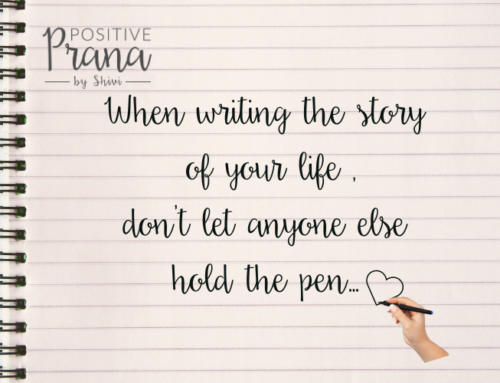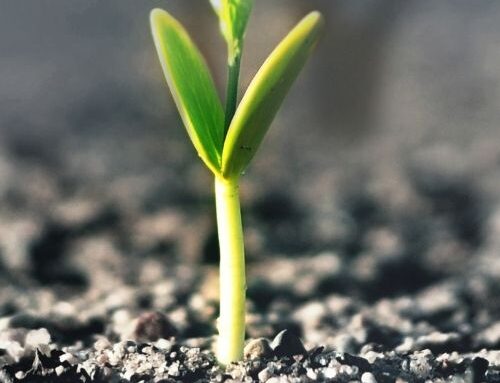Under crisis conditions, a grateful attitude not only helps—it is essential. In fact, it is precisely under tough times when we have the most to gain by a grateful perspective on life.
In the face of dejection, gratitude has the power to energize
In the face of brokenness, gratitude has the power to heal.
In the face of despair, gratitude has the power to bring hope.
In other words, gratitude can help us cope with hard times.
It’s easy to feel grateful when life is good, says Robert Emmons. But when disaster strikes, gratitude is worth the effort. Gratitude will not come easily or naturally in a crisis. It’s easy to feel grateful for the good things. No one “feels” grateful that they have lost a job, home, or good health or have taken a devastating hit on their retirement portfolio.
When we look back and see how difficult life used to be and how far we have come sets up a clear disparity that is fertile ground for gratefulness. Our minds think in terms of counterfactuals—mental comparisons we make between the way things are and how things might have been different. Contrasting the present with negative times in the past can make us feel happier (or at least less unhappy) and enhance our overall sense of well-being. This opens the door to coping gratefully.
Our past trials can actually refine and deepen gratefulness if we allow them to show us not to take things for granted. So crisis can make us more grateful—but research says gratitude also helps us cope. Consciously cultivating an attitude of gratitude builds up a sort of psychological immune system that can cushion us when we fall. There is scientific evidence that grateful people are more resilient to stress, whether minor everyday hassles or major personal upheavals.
But it is vital to make a distinction between feeling grateful and being grateful. We don’t have total control over our emotions. We cannot easily will ourselves to feel grateful, less depressed, or happy. But being grateful is a choice, a prevailing attitude that endures and is relatively immune to the gains and losses that flow in and out of our lives.
When disaster strikes, gratitude provides a perspective from which we can view life in its entirety and not be overwhelmed by temporary circumstances.
Exercises to help build gratitude:
First, think about one of the unhappiest events you have experienced. How often do you find yourself thinking about this event today? Does the contrast with the present make you feel grateful and pleased? Do you realize your current life situation is not as bad as it could be? Try to realize and appreciate just how much better your life is now. The point is not to ignore or forget the past but to develop a fruitful frame of reference in the present from which to view experiences and events.
Grateful coping might involve seeing how a stressful event has shaped who we are today and has prompted us to reevaluate what is really important in life.
Second, confront your own mortality. In a recent study, researchers asked participants to imagine a scenario where they are trapped in a burning high rise, overcome by smoke, and killed. This resulted in a substantial increase in gratitude levels, as researchers discovered when they compared this group to two control conditions who were not compelled to imagine their own deaths.
Try changing your perspective to foster more gratitude in your life and see how that makes you feel- it is worth the effort.
Adapted from Robert Emmons’ article”How Gratitude Can Help You Through Hard Times”
Try his guide to cultivating gratitude: Gratitude Works!: A 21-Day Program for Creating Emotional Prosperity









Leave A Comment